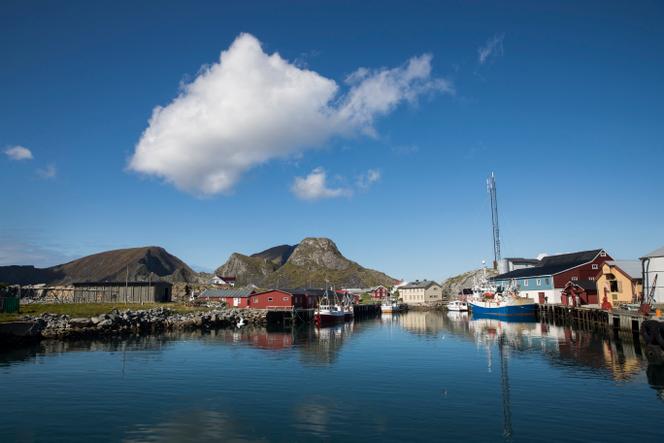
The Lofoten Islands, their breathtaking scenery, crystal-clear seas and human excrement. In July 2023, volunteers collected no less than 40 liters of poop, abandoned by walkers, in the natural parks of the archipelago, located north of the Arctic Circle. And this is just a small sample of the consequences of the boom in tourism in certain regions of Norway, whose inhabitants have been complaining: campers parked in the wrong way, dirt left behind by campers, ecosystems endangered etc.
To remedy this situation, the Minister for the Economy, Cecilie Myrseth, has just proposed the introduction of a tourist tax. The amount will be decided by municipalities, up to a maximum of 5% of the price of accommodation. According to the minister, if all municipalities had imposed it by 2023, they would have collected a combined 1.5 billion crowns (130 million euros) in 2023, a sum that can be used “to help finance public goods used by tourists and residents,” Myrseth said.
Two phenomena in particular have contributed to Norway’s new-found popularity: The hunt for the Northern Lights, which attracts tourists from all over the world in winter, and “coolcations” in summer, for holidaymakers in search of coolness. The weakness of the Norwegian krone has only accelerated the trend.
Pressure on some regions
Although the numbers remain modest – 5.65 million foreign visitors by 2023 – they are steadily increasing. Above all, the pressure is concentrated on a few regions. The Lofoten Islands, for example, where some 4,000 people a day climb the 448-metre-high Reinebringen mountain in summer, with its breathtaking views over the fjords, and also Tromsø, a municipality of 78,000 inhabitants, where huge cruise ships dock, such as the Queen Mary 2 (2,600 passengers), which was there on November 6.
According to the Norwegian Hotel Association, however, the tourist tax proposed by the government will solve nothing. Above all, it risks penalizing Norwegians, who account for two-thirds of bookings in hotels and other forms of accommodation. According to Kristin Krohn Devold, director of the association, the problems caused by overtourism “could have been solved by targeted measures, such as a landing tax for cruises, stricter rules for parking motorhomes along the road, higher parking fees and paid toilets.”
On the Svalbard archipelago, the government wants to charge tourists embarking and disembarking from cruise ships. All visitors already pay an environmental tax of 150 kroner.
This post was originally published on here







